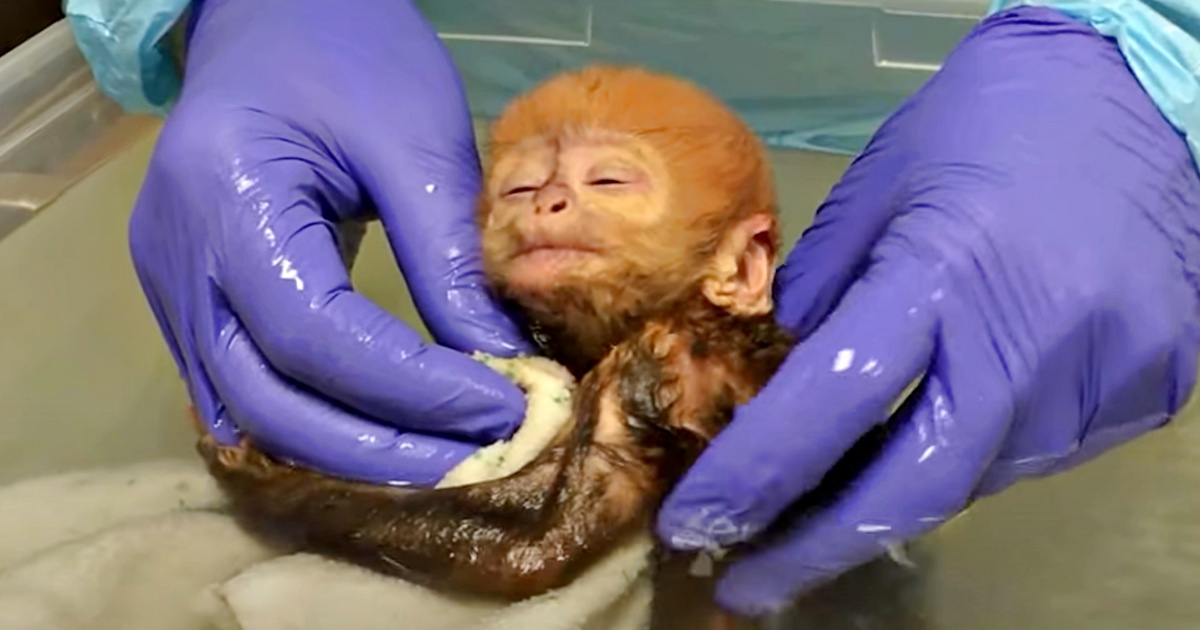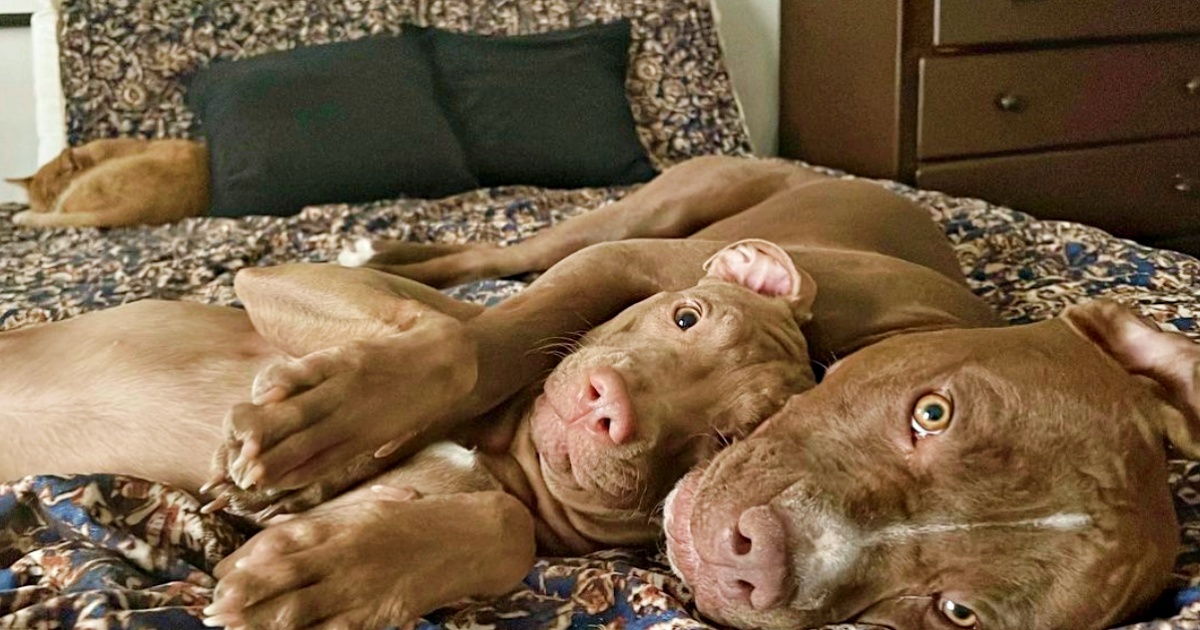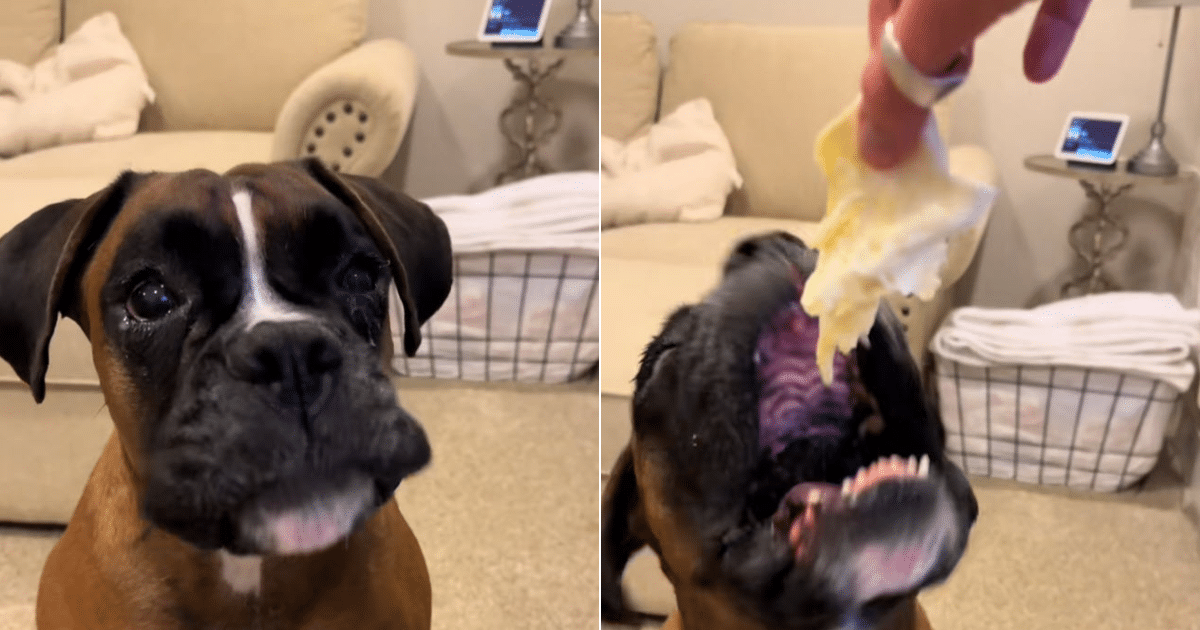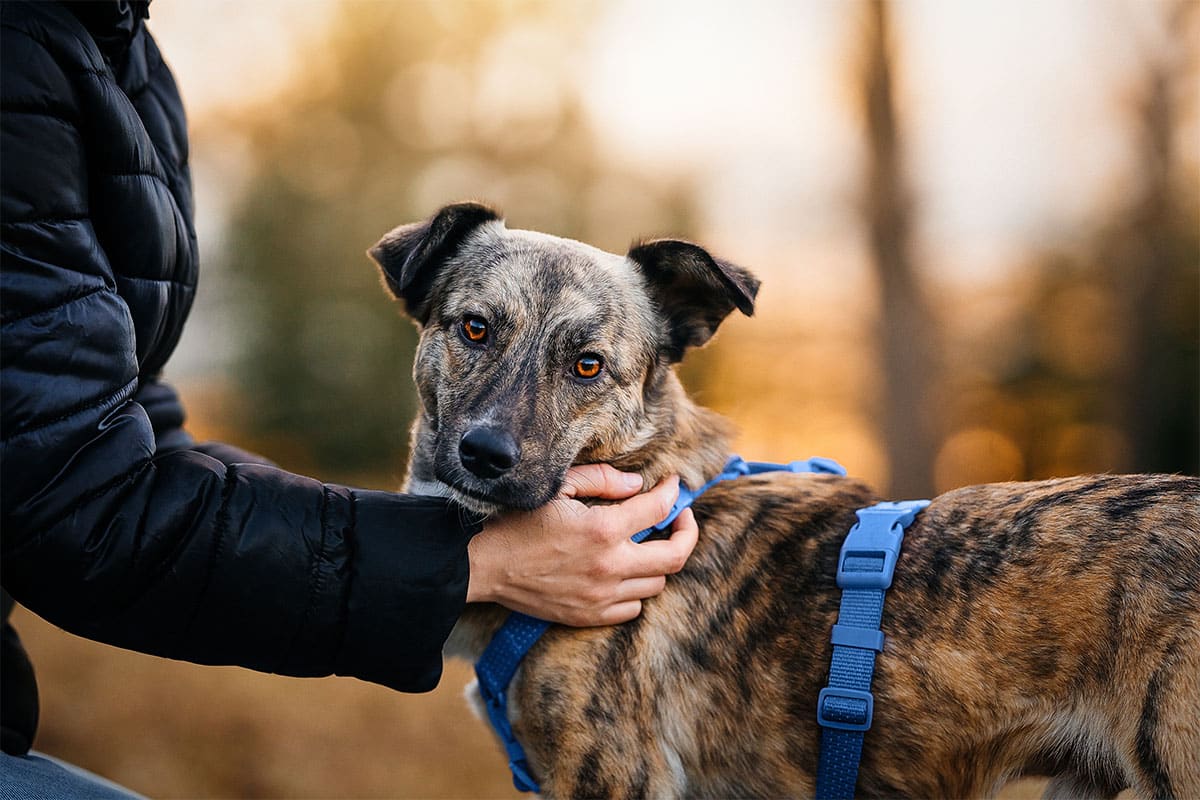Caring for an exotic pet is a rewarding yet challenging responsibility. Their unique needs require a specialized approach to guarantee ideal health and well-being. From understanding specific dietary requirements to creating a suitable habitat, there are several key factors to take into account. Regular veterinary check-ups and behavioral monitoring are vital for early detection of health issues. Proper exercise, enrichment, and hygiene are equally important. Discover these essential tips to keep your exotic companion thriving.
Understand Your Pet’s Specific Dietary Needs
Understanding the specific dietary needs of an exotic pet is essential for ensuring their well-being and longevity. Each species requires a unique balance of nutrients, making it imperative to tailor their diet accordingly. Nutritional supplements may be necessary to bridge gaps in their natural diet, ensuring they receive essential vitamins and minerals. A carefully planned feeding schedule helps maintain their health, preventing underfeeding or overfeeding, which can lead to serious health issues. Owners should educate themselves about their pet’s dietary requirements and consult with a veterinarian specializing in exotic animals to develop an appropriate diet plan. By prioritizing their nutritional needs, owners can greatly enhance their exotic pet’s quality of life, promoting both physical health and behavioral well-being.
Provide an Appropriate Environment
Creating a suitable environment for an exotic pet is vital to their health and well-being, encompassing space and enclosure requirements tailored to their species. Maintaining appropriate temperature and humidity levels is essential for replicating their natural habitat, thereby reducing stress and promoting longevity. Additionally, incorporating safe and stimulating decor can provide essential mental and physical enrichment, ensuring a more fulfilling life for these unique companions.
Space and Enclosure Requirements
While caring for an exotic pet, ensuring it has an appropriate environment is essential for its health and well-being. One significant aspect of this is the enclosure size, which must be adequate to accommodate the pet’s natural behaviors and movements. An enclosure that is too small can lead to stress and health issues, while one that is appropriately sized promotes physical activity and mental stimulation. Additionally, a thoughtfully designed habitat layout is important. This includes incorporating elements that mimic the pet’s natural surroundings, such as climbing structures, hiding spots, and areas for rest. A well-structured environment not only supports the pet’s physical health but also contributes to its emotional welfare, encouraging natural behaviors and providing a sense of security.
Temperature and Humidity Control
Maintaining the correct temperature and humidity levels is vital for the health of exotic pets, as it closely replicates their natural habitat conditions. Each species has specific requirements that must be met to prevent stress and promote longevity. Temperature fluctuations can be detrimental, leading to health issues such as respiratory infections or metabolic disorders. Consequently, it is important to use reliable thermometers and hygrometers to monitor environmental conditions consistently. Adjustments may be necessary according to seasonal changes or room conditions. Humidity levels are equally important; insufficient humidity can cause dehydration or shedding problems, while excessive moisture may lead to fungal infections or mold growth. By providing a stable environment, caregivers can guarantee their exotic pets thrive in conditions that mirror their native ecosystems.
Safe and Stimulating Decor
When designing an enclosure for an exotic pet, it is essential to guarantee that the decor is both safe and stimulating to foster their mental and physical well-being. Selecting appropriate decor materials is critical to prevent injuries and health issues. Non-toxic, durable materials assure longevity and safety, while avoiding sharp edges or small parts that could be ingested. Incorporating interactive elements is also important, as they provide mental stimulation and encourage natural behaviors. Items like climbing structures, hiding spaces, and toys can mimic an exotic pet’s natural habitat, promoting exploration and exercise. Regularly updating and rotating these elements can prevent boredom and enrich your pet’s daily experiences. Thoughtful design and careful choice of decor contribute greatly to an exotic pet’s overall health and happiness.
Schedule Regular Veterinary Check-Ups
Regular veterinary check-ups are a critical component of guaranteeing the well-being of exotic pets, whose unique needs often require specialized care. Exotic animals, such as reptiles, birds, and small mammals, benefit from the expertise of veterinary specialists who understand their distinct health requirements. By scheduling consistent appointments, pet owners can engage in preventative care, allowing for the early detection and management of potential health issues. This proactive approach guarantees that any subtle changes or concerns are promptly addressed, reducing the risk of serious complications. Compassionate and knowledgeable veterinary teams provide invaluable guidance on nutrition, habitat, and healthcare tailored to each species. Consequently, regular veterinary visits play an indispensable role in promoting the longevity and quality of life of exotic pets.
Monitor Your Pet’s Behavior
How can pet owners assure the health and happiness of their exotic companions? Monitoring their pet’s behavior is essential. Exotic animals, unlike traditional pets, often exhibit subtle behavioral changes that can signal distress or illness. Pet owners should familiarize themselves with their pet’s normal behaviors, making it easier to identify deviations that may serve as stress indicators. For example, a sudden change in appetite, grooming habits, or social interactions can be an early warning sign of underlying health issues. Additionally, excessive hiding or aggression could indicate environmental stressors or discomfort. By maintaining a keen eye on these behavioral cues, owners can intervene promptly and consult a veterinarian when necessary. This proactive approach guarantees that exotic pets enjoy a balanced, healthy life.
Ensure Proper Exercise and Enrichment
To maintain the well-being of exotic pets, it is essential to provide adequate exercise and enrichment tailored to their specific needs. Different species require unique approaches; consequently, understanding an animal’s natural behaviors and environment is imperative. Interactive toys offer stimulating mental and physical challenges, preventing boredom and promoting cognitive development. For instance, puzzle feeders can encourage problem-solving skills, while climbing structures cater to arboreal species’ instincts.
Outdoor activities also play a significant role in an exotic pet’s routine. Supervised time in a secure outdoor space can allow pets to engage in natural behaviors such as foraging, basking, or exploring. It is crucial to guarantee outdoor enclosures are escape-proof and safe from predators. This holistic approach fosters a healthier, happier pet.
Maintain Cleanliness and Hygiene
Maintaining cleanliness and hygiene in an exotic pet’s environment is paramount to ensuring their overall health and well-being. Regular habitat cleaning and proper waste disposal help prevent the spread of disease and minimize stress on the pet. By establishing a consistent cleaning routine, pet owners can create a safe and sanitary living space for their exotic companions.
Regular Habitat Cleaning
Though often overlooked, regular habitat cleaning is essential for the health and well-being of exotic pets. A well-maintained environment helps prevent the spread of diseases and reduces stress for the animal. The cleaning schedule should be tailored to the specific needs of the pet and the habitat materials used. For example, porous materials like wood may require more frequent cleaning than non-porous options like glass or plastic, which are easier to disinfect. Routine cleaning involves not just surface-level tidying but thorough sanitization to guarantee harmful bacteria and parasites are eliminated. Maintaining a clean habitat reflects a compassionate approach to pet care, making certain that exotic pets thrive in a safe and hygienic environment conducive to their health and happiness.
Proper Waste Disposal
In addition to maintaining a clean habitat, attention to proper waste disposal plays a significant role in ensuring the overall hygiene and health of exotic pets. Effective waste management involves choosing appropriate disposal methods that reduce the risk of disease transmission. Pet owners should regularly remove feces, uneaten food, and soiled bedding to prevent bacterial growth. Safe disposal methods include using sealed bags and environmentally friendly products to handle waste. This practice not only maintains cleanliness but also minimizes unpleasant odors. It is essential to sanitize the habitat after waste removal to further reduce health risks. By prioritizing efficient waste management, pet owners create a healthier environment that supports their exotic pets’ well-being, fostering a longer, happier life for these unique companions.
Educate Yourself Continuously
Understanding the unique needs of exotic pets requires continuous learning, as these animals often have specific care requirements that differ considerably from more conventional pets. Engaging in pet care education is essential for fostering a healthy environment for these creatures. Owners must actively seek information about dietary needs, habitat preferences, and behavioral traits. This knowledge can be acquired through reputable books, scientific journals, or by consulting exotic pet veterinarians and specialists. Continuous learning guarantees that caretakers remain informed about the latest advancements and insights in exotic pet care, ultimately enhancing the well-being of their companions. Additionally, joining online forums and local clubs dedicated to exotic pets can provide a supportive community and valuable real-world experiences, further enriching the caretaker’s understanding and approach.
FAQ
How Do I Handle a Medical Emergency With My Exotic Pet?
In a medical emergency involving an exotic pet, one should remain calm and administer appropriate first aid. After initial care, promptly transport the pet to an emergency clinic specializing in exotic animals for professional medical attention.
What Are Signs of Stress in Exotic Pets?
Signs of stress in exotic pets may include behavioral changes such as reduced appetite or aggression. Environmental factors like inadequate habitat or sudden changes can exacerbate stress. Monitoring these indicators is essential for maintaining the pet’s well-being.
How Can I Safely Socialize My Exotic Pet With Other Animals?
To safely socialize exotic pets with other animals, one should utilize gradual socialization techniques. Begin with controlled animal introductions, ensuring a calm environment. Monitor interactions closely, evaluating compatibility and stress levels, while prioritizing safety and positive reinforcement.
Is Pet Insurance Available for Exotic Animals?
Exotic pet insurance is available, offering various coverage options tailored to the unique needs of non-traditional pets. Policies may include accident, illness, and wellness care, ensuring extensive protection and financial peace of mind for exotic pet owners.
What Should I Do if My Exotic Pet Escapes?
If an exotic pet escapes, immediate implementation of recovery strategies is essential. Secure the area to prevent further escape and contact local animal services. Establish escape prevention measures for future safety, ensuring a secure environment for the pet.



















 English (US) ·
English (US) ·